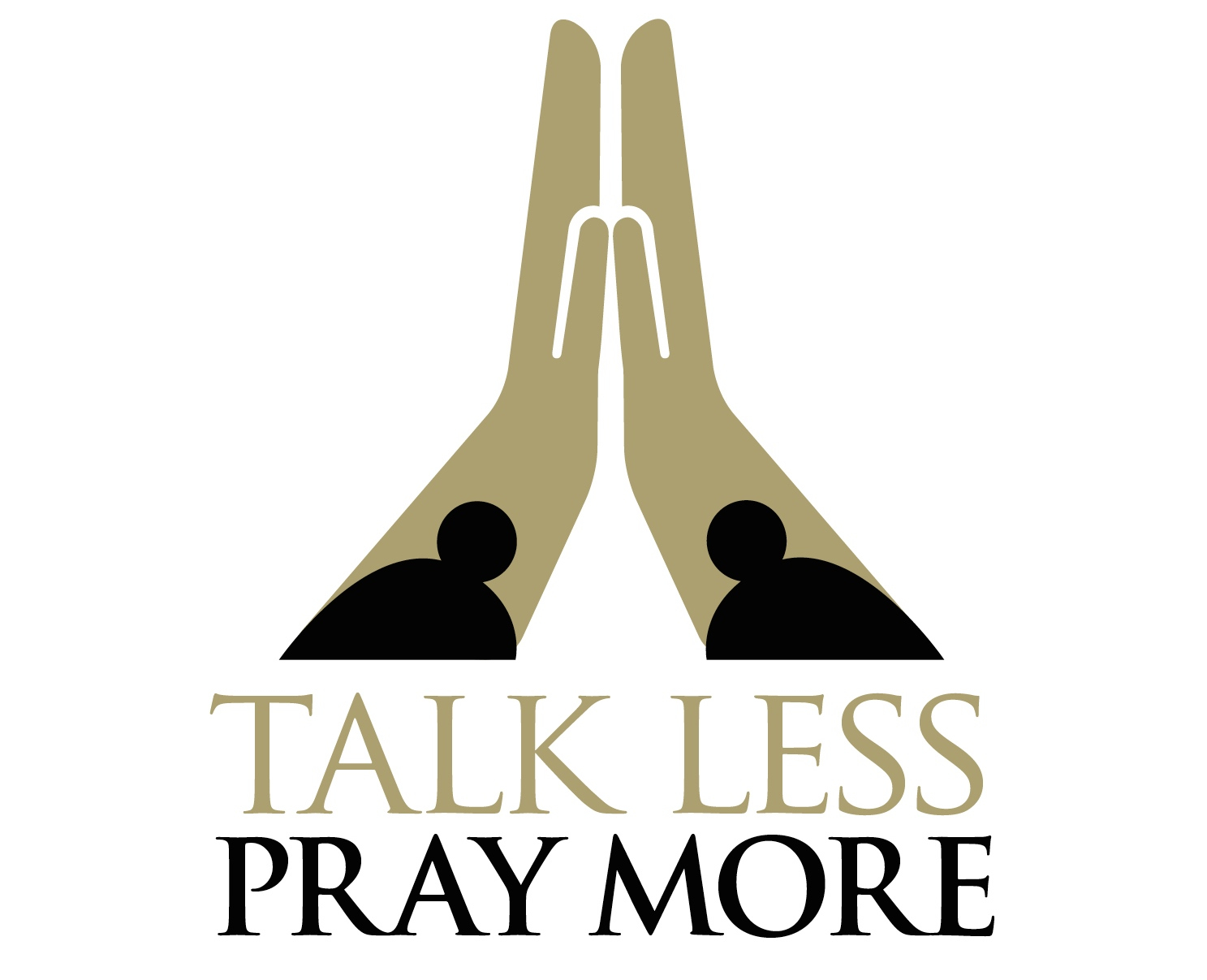“O God, heal her, I pray!” Numbers 12:13
The four walls of this passage contain sixteen verses that hold the key to understanding the heart of God, and interceding for your enemies. It is meekness, not weakness that fuels your passion to pray for your enemies.
Meekness is the strength of soul to speak for God no matter how many people may speak out against you, and no matter how close those people may be to you. In this case, the enemies of Moses were his brother and sister. This was sibling rivalry on steroids.
Miriam and Aaron were the leaders of the murmuring of the people. When prideful people think they know better than the leader, any excuse will do to slice the leader into pieces, and cut him down to size. They chose to attack his wife.
“Then Miriam and Aaron spoke against Moses because of the Cushite woman whom he had married.” V. 1
Miriam and Aaron suffered from the “close but no cigar” leadership syndrome. They were close to Moses. They just weren’t close enough to God. They were of the same family lineage as Moses, but they did not maintain the same level of intimacy Moses had with God.
Miriam and Aaron could lay claim to having great skills and prophetic insight. They lacked one thing. They had not been chosen by God to lead the people of Israel. Moses had. They had not. They were close and yet so far, “close but no cigar.”
Any pastor of any church or leader of any team has heard the murmuring and sensed the undermining carried out by people closest to him. The spirit of Miriam and Aaron lives on today, in the form of friendly fire. It comes from those who are full of themselves but they are not full of the wisdom of God.
Sitting on a plane and collecting frequent flyer miles will never develop the skills of a pilot. Sitting close to the cockpit can be deceiving. When a passenger believes their view out of a side window gives them more clarity and sense of direction than the view from the pilot’s seat, they are wrong, and they are dangerous. Never turn the controls over to them.
Murmuring always begins with a question. It points to the LORD, but condemns the leader. The rebel tries to airbrush himself with moral purity, and take the seat closest to God. They want to appear to be protecting the reputation of God.
“Has the LORD indeed spoken only through Moses? Has He not spoken through us as well?” v. 2
These few words should strike fear in the heart of the unrepentant rebel and infuse hope in the heart to the meek who are under fire. “And the LORD heard it.” (V.2b)
When God hears murmuring, He hates it. When He hears it coming from the mouth of self-appointed leaders, He deals with it. One of the fundamental truths of Scripture is the certainty of a fall coming for anyone foolish enough to trust in personal pride. The wise humble themselves before God.
“(Now Moses was very humble, more than any man who was on the face of the earth.) Suddenly the LORD said to Moses and Aaron and to Miriam, ‘You three come out of the tent of meeting.’“
V. 4
Miriam and Aaron confused stewardship with ownership. They thought the role of a servant to Moses elevated them to a leadership role equal to his. They were wrong. So is any staff member in a local church who thinks their good idea is God’s idea. It is one thing to be in authority, and another thing to be under authority. Learning the difference is the path to humility.
What God saw in Moses, Miriam and Aaron could not see. He was faithful, and prayerful. This significance was lost on two people who were more concerned with getting the credit for what God did than spending time with the God who did it.
“He is faithful in all My household. With him I speak mouth to mouth, even openly, and not in dark sayings.” V. 8a
The lesson is clear. There ought to be a holy fear of God that restrains criticism and constant murmuring against leaders called by God. God still asks, “Why then were you not afraid to speak against My servant.” V. 8b
NOTE TO SELF: Moses prayed the most for those who hurt him the most. He interceded for God’s best for them, and left it up to God what He would do to them. Don’t ever take vengeance into your own hands. Take a knee.
TALK LESS! PRAY MORE!
